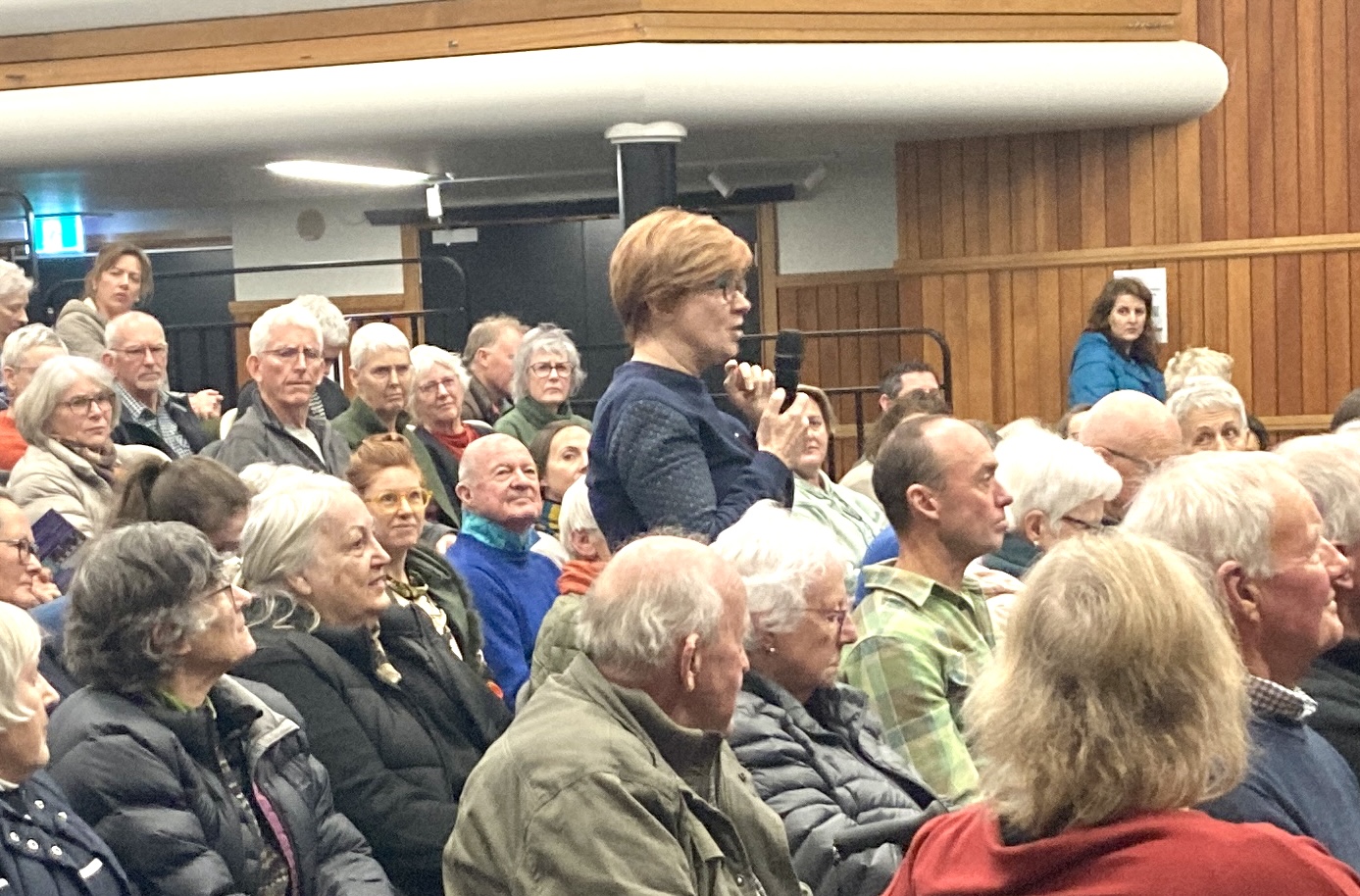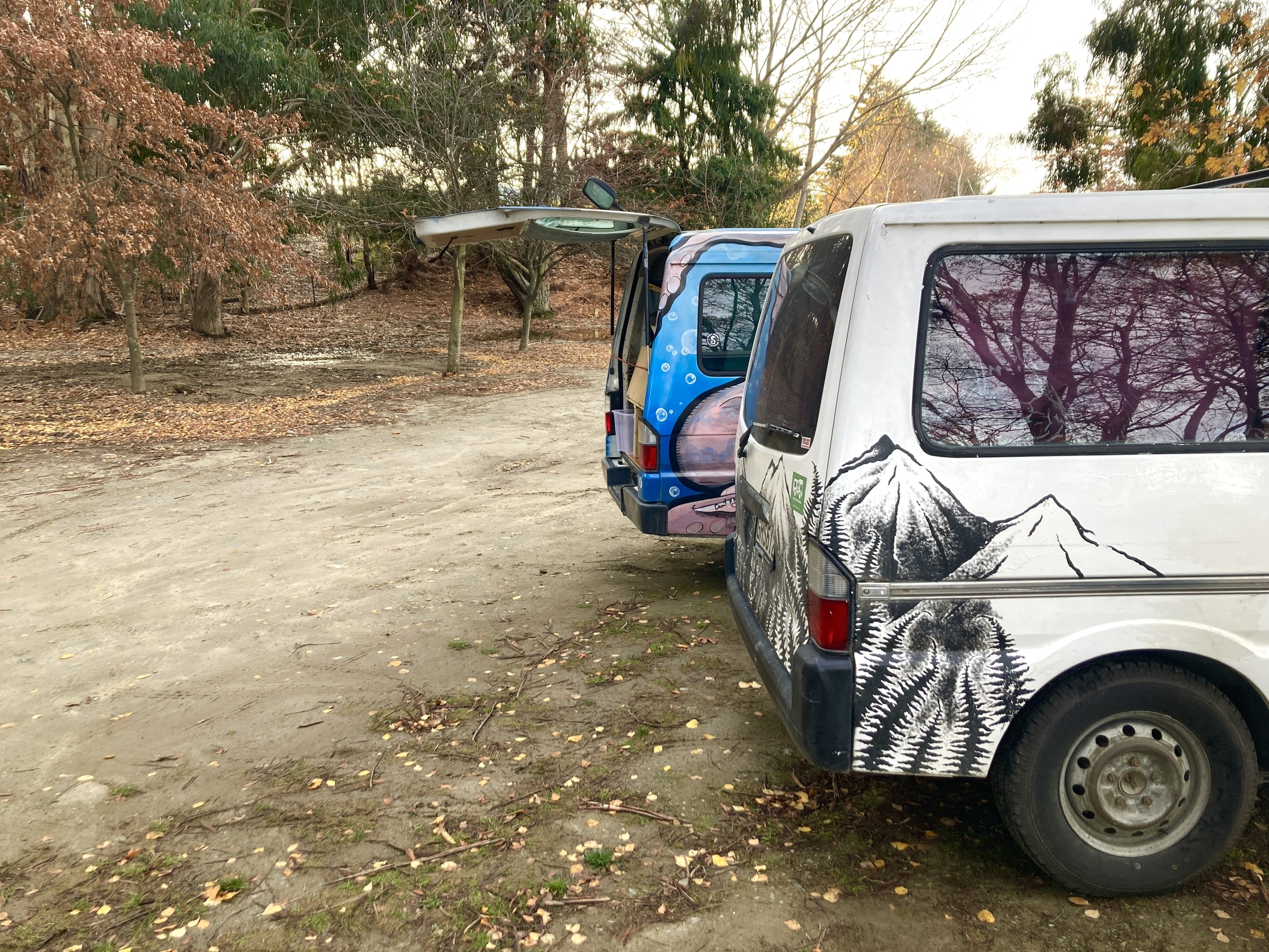Extra funding confirmed for mental health services
The Central App
07 September 2025, 5:00 PM
 A resident speaks at the Wānaka rural health roadshow in July.
A resident speaks at the Wānaka rural health roadshow in July.Telehealth consultations will be made available to those in the Upper Clutha region and psychiatric services for children and adolescents will be expanded in Central Otago.
Two additional mental health nurses have also joined the Queenstown-based community mental health team, providing increased in-person support across the region, the minister for mental health Matt Doocey said.
The minister said the government was committed to faster access to mental health support, more frontline mental health workers, and a better mental health crisis response.
A new psychiatric registrar recently joined the Central Lakes Community Mental Health team based at Dunstan Hospital - transferring from Dunedin.
Matt Doocey said the psychiatric registrar role for Central Otago, which also covered Wānaka and Queenstown, improved capacity for face-to-face appointments.
Those spoken to in the industry confirmed the biggest need for the service in Central Otago was in the area of moderate to severe mental health.
The community mental health team had an on-call 24-hour service that linked with Dunedin’s Waikari Hospital for urgent referrals.
In November 2024, New Zealand Police started scaling back its mental health assistance, including transportation requests to psychiatric hospitals - saying it was taking up too much of their time.
Police now only respond to mental health sector requests where there is an immediate risk to life and safety.
The minister announced another new contract for child and youth mental health services in Queenstown Lakes and Central Otago, awarded to ADL Supporting Young People and based in Cromwell.
ADL employs a team of clinicians and wellbeing coaches that offer professional counselling services to youth.
On his recent visit to Wānaka as part of the nationwide Rural Health Roadshow, Matt had the opportunity to meet with more than 300 locals at a community meeting - the largest turnout of the roadshow.
“While there I held a dedicated session with Health Action Wānaka, a local group advocating for improved health services in the region.
“Hearing directly from residents and frontline health workers, including their concerns, reinforced why this government is working hard to improve the health system.”
He said the changes would help deliver better child and youth services together with adult crisis support, clinical care, and therapy closer to home: “Something we heard loud and clear was needed during our Wānaka visit.”
Matt said the government was “turning the corner” on reducing wait times and increasing the mental health workforce.
“Recent data shows the frontline Health NZ mental health workforce has grown around 10 percent since we came into government, and over 80 percent of people are being seen within three weeks for specialist services.”
PHOTO: Wānaka App






